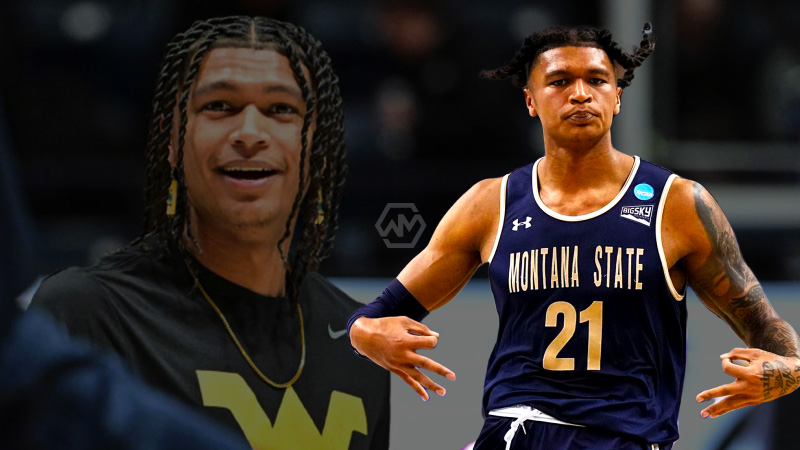- College athletes who were denied the opportunity after transferring a second time are now able to do so.
- U.S. District Judge John Preston Bailey issued an order prohibiting the NCAA from implementing the transfer rule.
- On December 27, there will be a hearing regarding the restraining order.
Following the issuance of a 14-day temporary restraining order against the NCAA on Wednesday, college athletes who were denied the opportunity to compete immediately after transferring a second time are now able to do so.
In northern West Virginia, U.S. District Judge John Preston Bailey issued an order prohibiting the NCAA from implementing the transfer rule.
College athletes
The waiver process for the rule was accused of breaking federal antitrust law in a lawsuit brought by West Virginia and six other states. In addition to guaranteeing that schools won’t be penalized for permitting it, the order makes it possible for athletes to compete during the two-week window.
Players who have already transferred and are eligible immediately under the one-time exception are subject to a restraining order from the NCAA. The decision is timely because it gives football players who have already transferred using their “one-time exception” a chance to re-enter the portal and be eligible to play the following season.
On December 27, there will be a hearing regarding the restraining order. As per NCAA regulations, freshmen are permitted to switch schools once without having to wait a year. However, if an athlete wants to transfer again while still an undergraduate, the NCAA must usually provide a waiver that enables them to resume competition right away.
The athlete wouldn’t be able to attend the new school for a year without it. To award those waivers on an individual basis, the NCAA tightened its rules in January of last year.
Colorado, Illinois, New York, North Carolina, Ohio, Tennessee, and West Virginia were the states that filed the request for the restraining order itself. The intention of the impacted players to participate in the 14-day window was not immediately apparent.
RaeQuan Battle, a basketball player from West Virginia, dropped out of school to play at Montana State before transferring this season. Requiring athletes to sit, according to the lawsuit, may result in lost revenue from professional careers or endorsement deals involving their name, image, and likeness (NIL).



